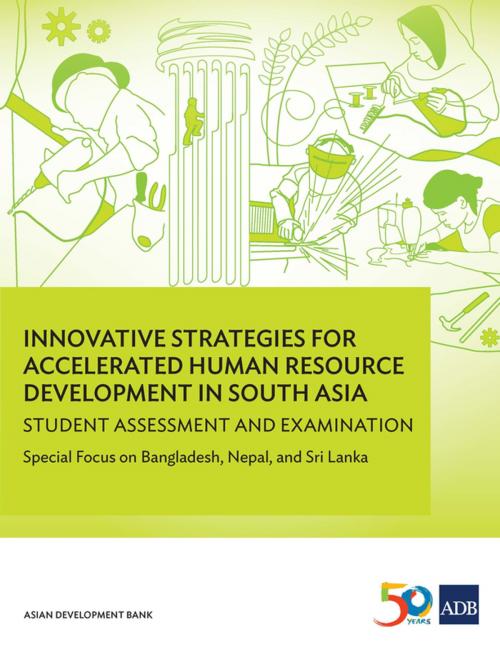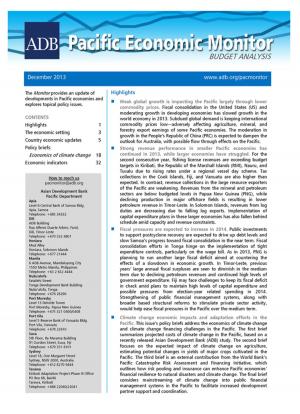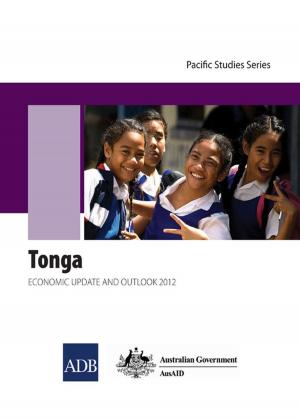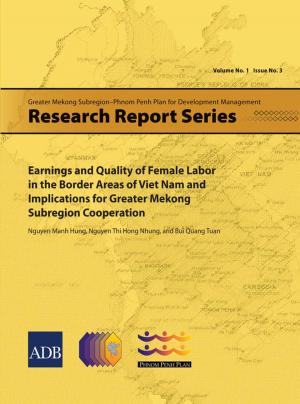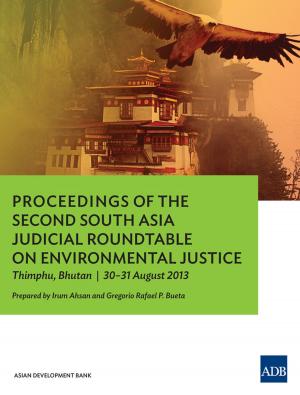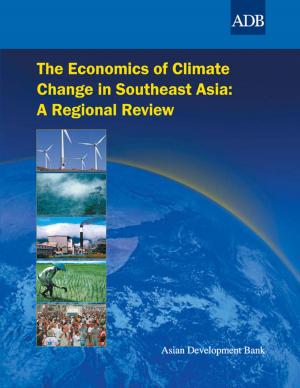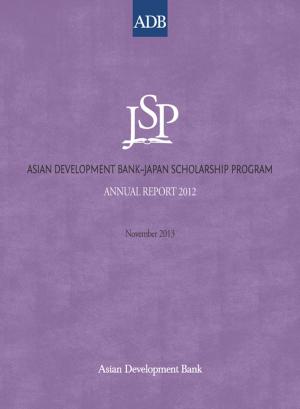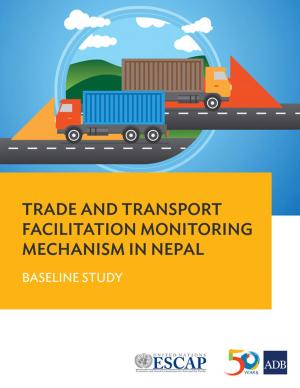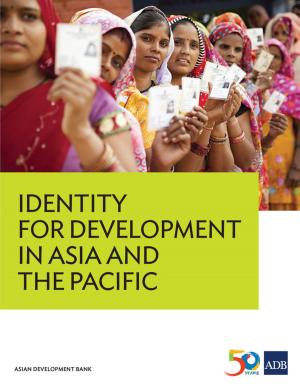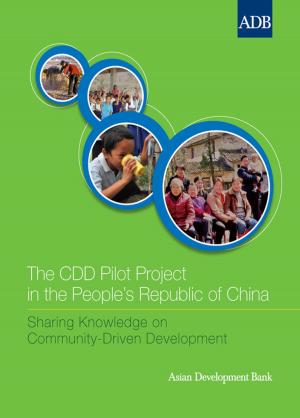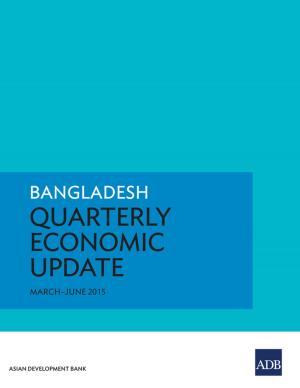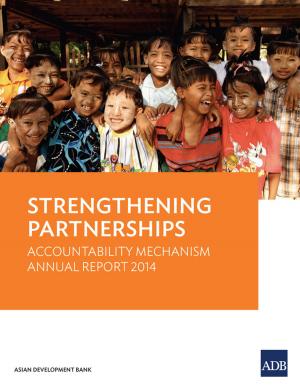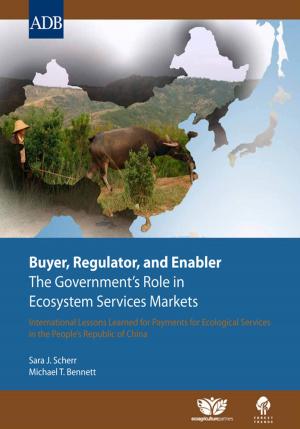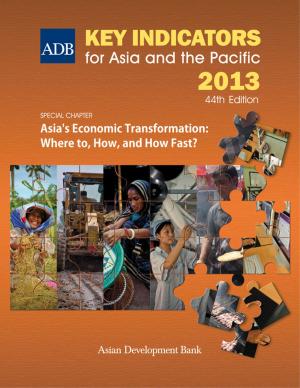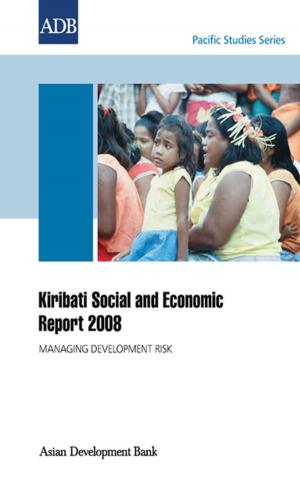Innovative Strategies for Accelerated Human Resources Development in South Asia
Student Assessment and Examination: Special Focus on Bangladesh, Nepal, and Sri Lanka
Nonfiction, Reference & Language, Education & Teaching, Educational Theory, Evaluation, Educational Reform| Author: | Asian Development Bank | ISBN: | 9789292610319 |
| Publisher: | Asian Development Bank | Publication: | December 1, 2017 |
| Imprint: | Asian Development Bank | Language: | English |
| Author: | Asian Development Bank |
| ISBN: | 9789292610319 |
| Publisher: | Asian Development Bank |
| Publication: | December 1, 2017 |
| Imprint: | Asian Development Bank |
| Language: | English |
Assessment of student learning outcomes (ASLO) is one of the key activities in teaching and learning. It serves as the source of information in determining the quality of education at the classroom and national levels. Results from any assessment have an influence on decision making, on policy development related to improving individual student achievement, and to ensure the equity and quality of an education system. ASLO provides teachers and school heads with information for making decisions regarding a students’ progress. The information allows teachers and school heads to understand a students’ performance better. This report reviews ASLO in three South Asian countries---Bangladesh, Nepal, and Sri Lanka---with a focus on public examinations, national assessment, school-based assessment, and classroom assessment practiced in these countries.
Assessment of student learning outcomes (ASLO) is one of the key activities in teaching and learning. It serves as the source of information in determining the quality of education at the classroom and national levels. Results from any assessment have an influence on decision making, on policy development related to improving individual student achievement, and to ensure the equity and quality of an education system. ASLO provides teachers and school heads with information for making decisions regarding a students’ progress. The information allows teachers and school heads to understand a students’ performance better. This report reviews ASLO in three South Asian countries---Bangladesh, Nepal, and Sri Lanka---with a focus on public examinations, national assessment, school-based assessment, and classroom assessment practiced in these countries.
